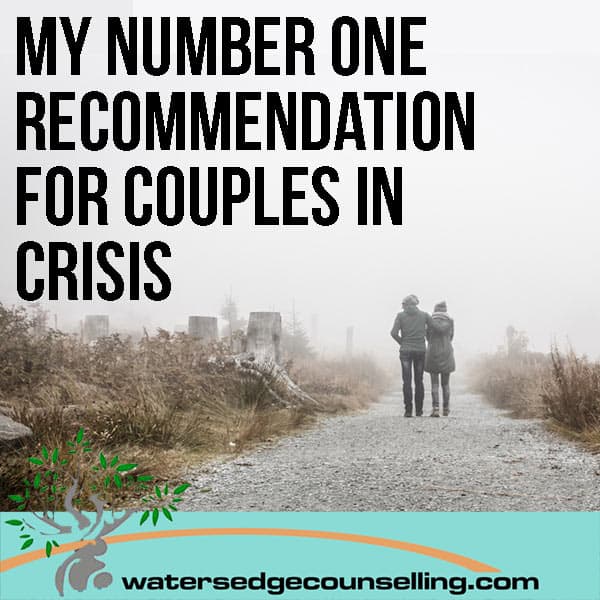
Relationships are tricky things.
There are days of sunshine, when everything is ‘right with the world’; I am feeling calm, relaxed and in control. I have infinite patience with my darling husband, even when he says or does something that I don’t particularly find attractive.
By contrast, there are other days when I am tired, stressed and generally feeling like I could crawl back into bed and hide from the world. I just don’t ‘feel like’ making an effort with anybody. Of course I do—after all you ‘should’ put on a good, co-operative, pleasant face for the people you work, eat and play with. That’s how community works. That’s how we learn to have our own needs met. But by the time I get home, I am exhausted, moody and unresponsive. On those days, my husband cops the ‘stressed’ me, the one that is reactive and blaming instead of being loving and responsive.
Over time I have become more aware of what is going on inside of my body, making the conscious effort to challenge negative behaviour that I previously felt justified in directing towards my husband. I believe that it is important to walk the talk and, given that I speak to numerous couples and individuals every week, I have applied the interventions I teach to my personal behaviour and my marriage relationship. Subsequently, our relationship has progressively improved throughout our 28 years of marriage.
As you would expect, I have a tool bag full of useful techniques, ideas and resources that individuals and couples can benefit from. My best one by far is Mindfulness Meditation. Why would I say this? Well, before a couple can begin to work on their relationship, it is absolutely essential that each person learn how to calm or soothe themselves. Failure to learn how to calm yourself will ultimately forfeit any chance of improving your relationship.
When we are significantly stressed and tired, we also tend to be incredibly reactive; easily frustrated and irritated, quick to jump to wrong conclusions, readily angered by the smallest thing (you will always experience it as a BIG thing at the time), defensive, cynical, blaming, judgemental and generally difficult to get along with.
Whilst we all need a bit of stress to keep us motivated, physiologically there is a point, when reached, that you are no longer able to contain and control the stress hormones and it controls you instead. It is the ‘fight or flight’ instinct, typically activated by the flood of stress hormones coursing through your brain and body.
A couple experiencing conflict is likely to be experiencing this level of debilitating stress regularly. Learning how to communicate effectively with one another and repair your relationship first of all requires each person to take responsibility for themselves and learn how to come back to a calmer and more responsive state of mind. Only then can we do the work of learning to listen and negotiate our needs.
Mindfulness Meditation is, put simply, learning to be present to the moment, focusing on what is happening within you and/ or around you. By learning this discipline (and believe you me, it is a challenge for most of us), your brain is rested and sends the message that you are no longer under threat. Stress hormones are no longer produced and Serotonin (the calm hormone) is activated bringing you down to a calmer state.
In our sessions, I teach simple techniques that couples and individuals can apply in the moment. However, to promote a general sense of wellbeing and calm that is more resilient to stress, it is necessary to practice Mindfulness Meditation on a regular basis, even daily.
Is your relationship in crisis? Would you like to learn more Mindfulness Meditation? Here’s what you need to do: contact Colleen on 0434 337 245 or Duncan on 0434 331 243 for a FREE 10-minute phone consultation on how we can best help you, or press book now.
Leave a Reply